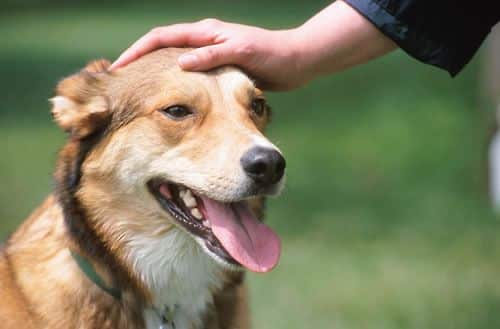Sick Sinus Syndrome in Dogs
Sick Sinus Syndrome (SSS)
Sick Sinus Syndrome (SSS), or Sinus Node Dysfunction is an inherited heart condition characterized by erratic changes in the heartbeat. SSS may affect any breed but is most often diagnosed in middle-aged or older females of breeds such as Cocker Spaniels, Dachshunds, Miniature Schnauzers, and Pugs. The condition may be asymptomatic in some cases, where it is diagnosed through an electrocardiogram.
Affected dogs have a heart rate of about 10 beats per minute compared to the healthy rate of 40 per minute, The low heart rate is not increased with the stimulation of physical activity.
The sinus referenced in the condition relates to the sinus node within the heart, which is responsible for maintaining normal heart rates. SSS’s genetic mode of inheritance has not been established. Thus, there is currently no genetic test to determine the condition.
Symptoms
The condition usually occurs mildly, which may develop into a life-threatening problem.
Some cases of SSS are asymptomatic, where treatment is usually unrequired. In more serious cases, sufferers may experience lethargy, shortness of breath, and an intolerance for exercise. Sufferers may also lose consciousness due to a lack of blood circulation in a condition known as syncope. Fainting episodes may increase in frequency if the condition worsens, which may lead to fatal
Diagnosis
SSS is usually diagnosed through an electrocardiogram (EEG/EEG) test, which provides a clear breakdown of the heart rate. Vets may use the Holter-monitoring system, a portable version of EEG worn as a vest, which provides 24-hour heart rate monitoring for an accurate assessment.
Treatment
The condition does not affect the strength of the heart. As such, affected dogs usually have a good prognosis once heart rates are stabilized. This is achieved through the surgical implantation of a permanent pacemaker. Some owners may opt for the non-invasive alternative of vagolytic drugs, such as propantheline bromide, which regulate normal heart rates. However, it is important to note that the success rates of these drugs have been inconsistent while being linked to a series of reported side effects.
Estimated Fees
Pacemaker surgery costs between $5,000 – $15,000. They are the recommended form of treatment for SSS.
Home Care and Management of Dogs with SSS
Owners should get their dogs examined at the slightest sign of SSS. Untreated cases with overt symptoms are known to progress into congestive heart failure. The deterioration of the condition is usually exhibited through an increase in syncope (fainting) episodes.
Other Heart Conditions in Dogs
- Aortic Stenosis
- Boxer Cardiomyopathy
- Cardiac Issues
- Degenerative Valve Disease
- Dilated Cardiomyopathy
- Heart Disease
- Mitral Valve Disease
- Patent Ductus Arteriosus
- Pulmonic Stenosis
Related Content



















